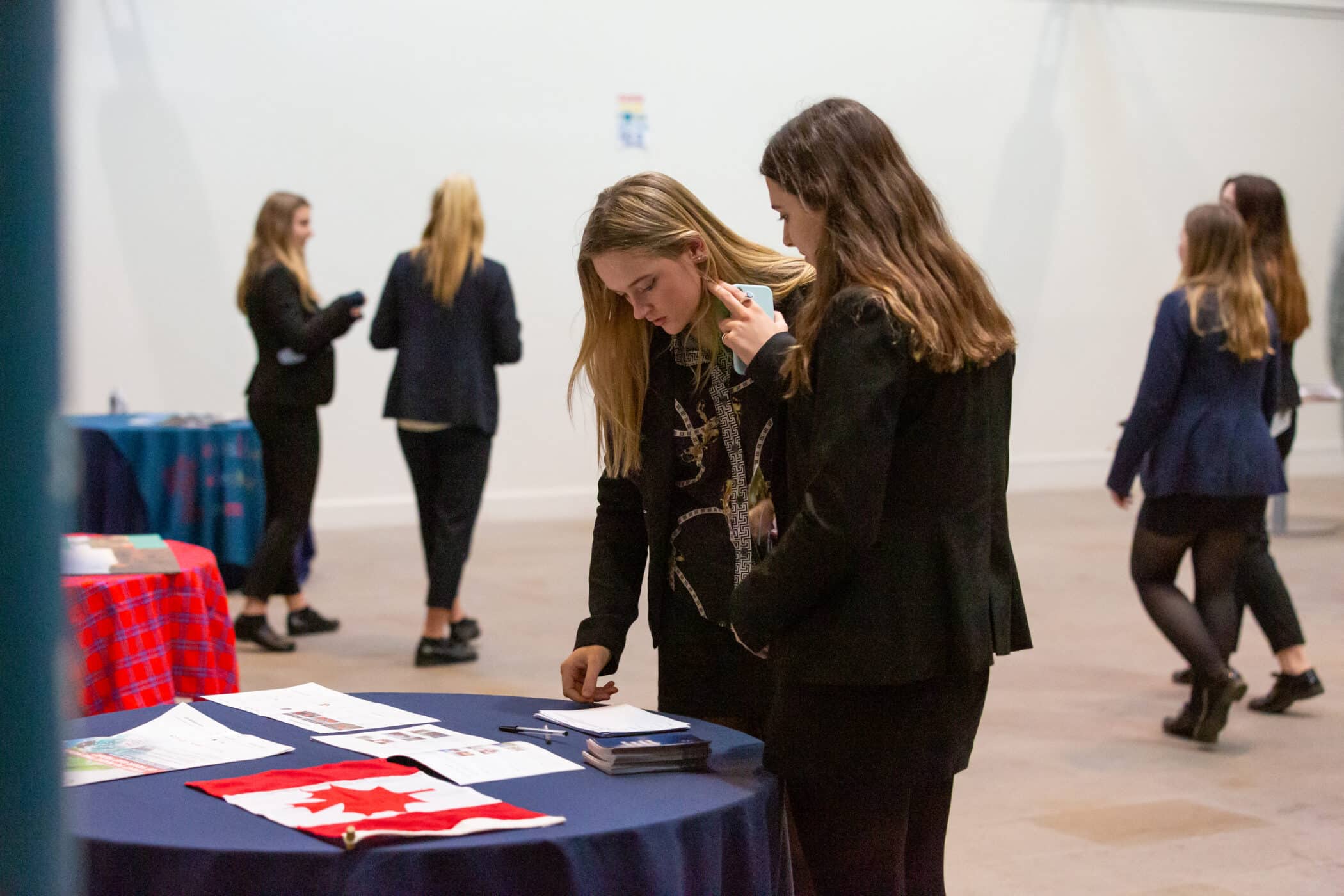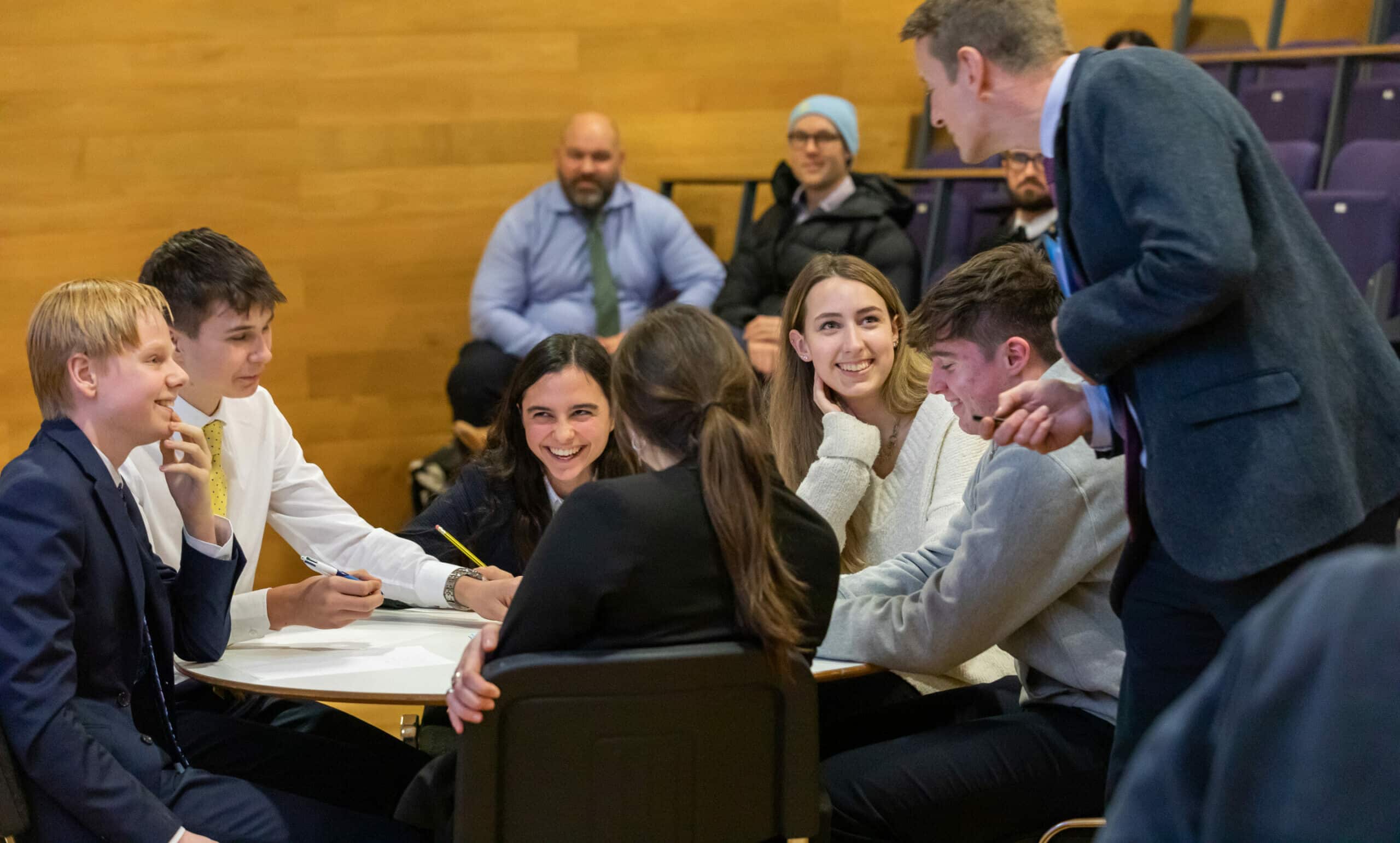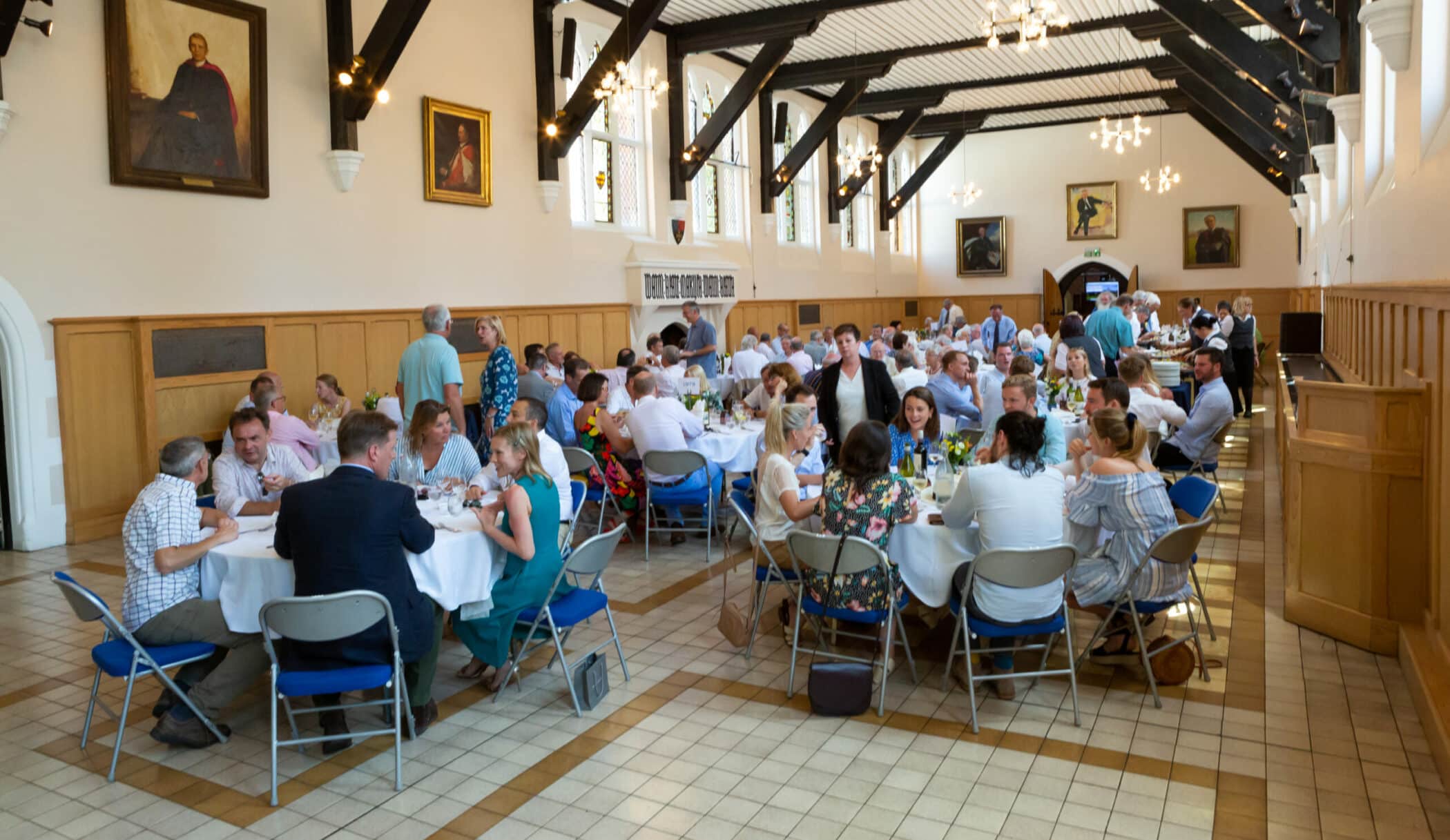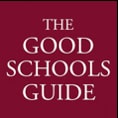The vast majority of Cranleighans leave us to take up a place at a top university in the UK or around the world. Our experienced team of university entrance advisors offer specialist and bespoke guidance to students as they navigate the evolving university admissions process.
In Lower Sixth, each student meets with a member of the team during the Lent and Summer Terms, to discuss their own ambitions and learn more about how to research their options and make a successful application. In June of the Lower Sixth, we run a UCAS day where members of the UCAS team deliver presentations, Old Cranleighans come back to talk to students about their own university experiences and Lower Sixth students are given a step-by-step guide to the registration process. We also offer a variety of university visits during this period, to institutions within a three hour drive of Cranleigh.
Around 80% of Cranleighans have chosen to go to Russell Group universities in recent years, of which Durham, Exeter, Edinburgh and Bristol have been the most popular. Of the University Alliance universities, which are less traditionally academic in their focus, Oxford Brookes has, by some distance, attracted the most Cranleigh students. Full details of admissions statistics can be found in the UCAS guide which can be downloaded below.

North America
The last few years has also seen a marked rise in applications to North American universities. The Ivy League schools are, of course, very popular with the most academically ambitious Cranleighans and we have had an excellent success rate there, with our students recently having been awarded places at Brown, Columbia, Cornell, Dartmouth and Harvard, as well as McGill, in addition to places at UBC, California-Santa Barbara, Colgate, George Washington, Haverford, Miami, Michigan, San Francisco and USC.
Oxbridge
A place at Oxford or Cambridge is the objective of some of our brightest pupils. A number arrive at Cranleigh already with Oxbridge ambitions, others emerge as possible candidates during their time here. Those applying are encouraged to undertake their own personal research and reading in order to deepen their understanding and appreciation of their subject.
Applicants are allocated a mentor from the relevant department who guides them through the application process and provides a structured programme of individual meetings and small-group discussions, to consider additional reading and discuss relevant academic issues. These give the candidates the opportunity to articulate their ideas, to challenge points of view and beliefs, to defend and justify their opinions and to widen their knowledge and understanding of their chosen subject. This “stretching” process is aimed at preparing the pupils for the demands of the Oxbridge interview.





